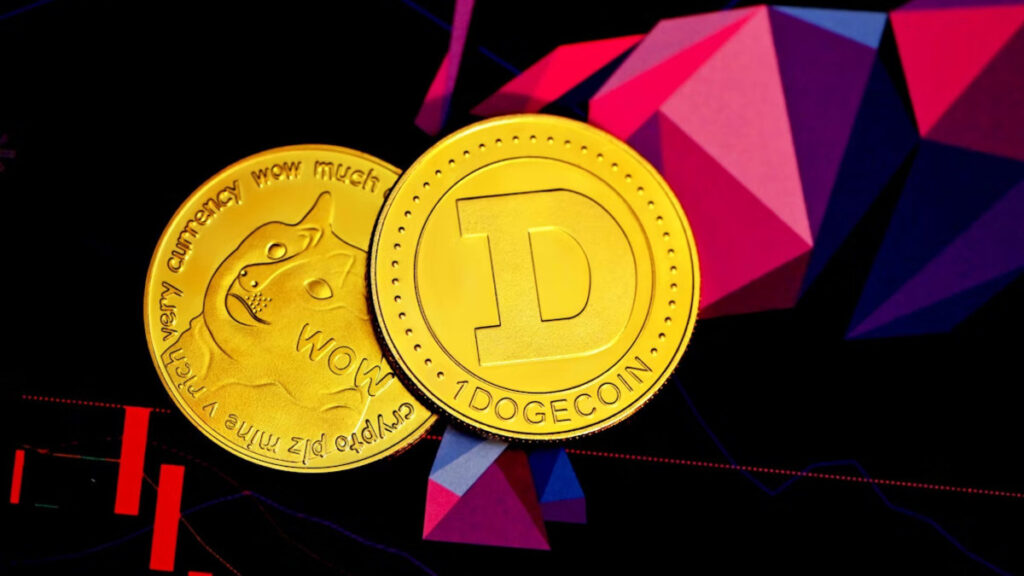TL;DR
- The fusion of decentralized finance (DeFi) token-incentive models with gaming mechanics is accelerating the rise of “GameFi” and hybrid entertainment-finance ecosystems.
- Token-based reward systems originally developed for DeFi (staking, liquidity mining, yield farming) are being adopted in gaming platforms, blurring the boundary between gaming, speculative markets, and gambling-style behaviour.
- Sustainability and regulation are emerging as major constraints: tokenomics must balance reward inflation, asset value, user engagement, and regulatory classification.
What Is the Intersection of DeFi and Gaming?
At its heart, DeFi refers to blockchain-based financial services—lending, staking, trading, liquidity pools—operating without traditional intermediaries. Gaming, meanwhile, represents entertainment ecosystems where engagement, progression, and often monetisation are central.
In recent years, these two worlds have begun to converge in platforms that allow gamers to earn crypto assets, trade in-game tokens, or participate in tokenised economies — a structure not unlike evolving iGaming models outlined in this non gamstop casino listing, where freedom and decentralisation play a central role. Such platforms highlight how user autonomy and borderless access, key principles in DeFi, are also transforming online entertainment by removing traditional intermediaries and enabling direct interaction between players and digital assets.
The label “GameFi” (game + finance) describes this convergence: blockchain games that incorporate financial incentives such as staking, yield-farming, NFTs and player-governed token systems.
How Token Incentives Migrate Into Gaming
DeFi mechanisms like staking and yield farming reward users who lock tokens or supply liquidity. Gaming ecosystems are adopting similar models: players earn tokens for play, achievement or asset ownership; these tokens can be staked, traded, or used for governance.
For example, in-game assets represented as NFTs become tradable, investable, and subject to secondary markets—thus gaining a financial dimension beyond pure gameplay.
This structural alignment means that gaming starts to adopt characteristics of financial systems: token supply management, incentive alignment, asset appreciation/depreciation, and liquidity dynamics.
Parallel Evolution of Gambling Tech and Crypto-Gaming
Traditional gambling tech emphasises risk/reward, asset stakes, speculative value, and secondary markets (e.g., betting pools, reward jackpots). When gaming adopts tokenised assets, real-world value, and liquidity features, the line between “game” and “gamble” blurs.
Token-based reward systems that allow conversion to fiat or trading resemble gambling-style mechanics—even if wrapped in a “game” label. This convergence introduces both opportunities and regulatory-/risk-considerations.
Token Incentives in Gaming Ecosystems
Gaming platforms now deploy native tokens to reward players for participation (play-to-earn), to incentivise retention (staking for in-game privileges), and to involve communities in governance via tokens. Earned tokens might be used for purchases, traded externally, staked for bonuses or used as collateral.
Tokenised game assets (NFTs, in-game tokens) increasingly enter secondary markets, while gaming platforms may introduce liquidity pools allowing asset holders to earn by supplying tokens. This mirrors DeFi liquidity mining. Players contribute tokens to pools for rewards.
For players, token incentives offer a way to monetise time and skill. For developers, tokenomics can drive user acquisition, retention, and monetisation beyond traditional in-game purchases. For investors and speculators, tokenised gaming ecosystems represent opportunities—and risks—resembling speculative finance. The result: gaming ecosystems become part entertainment, part financial product.
Implications for the Gambling Sector
As games embed token incentives, liquidity features, and asset tradability, they start resembling gambling platforms: users stake value, earn returns, and trade assets. The convergence suggests that gaming companies, DeFi protocols, and gambling operators may increasingly adopt similar models.
Token incentives introduce challenges: inflationary token models may collapse, asset value may drop, and users may face losses. The regulatory environment is uncertain: when does a token-reward game become a gambling offering? Platforms must consider KYC/AML rules, consumer protection, and licensing regimes.
Despite the risks, there is strong potential for innovation: gaming platforms may leverage DeFi infrastructure (liquidity, smart contracts, open markets), and gambling operators may adopt tokenised reward systems, asset ownership models, and blockchain transparency to engage new audiences.
Case Studies and Current Trends
GameFi projects have reached multi-billion-dollar trading volumes since 2024, reflecting the strong momentum of blockchain-based gaming ecosystems. These platforms combine play-to-earn mechanics, tokenised assets, and decentralised ownership, integrating financial components directly into gameplay and enabling users to earn or trade tokens tied to in-game performance.
Tokens are being launched in gaming ecosystems to incentivise players and speculators alike. Market commentary emphasises how economic sustainability is critical. Sustainable economic models are a critical challenge in GameFi.
In the gambling sector, platforms are exploring token-based loyalty programmes, blockchain reward pools, and tradable assets. This illustrates a broader trend: gaming, crypto, and gambling technologies are converging around similar architectures of incentive, value, and liquidity.
What Does This Convergence Mean for Stakeholders?
Players are empowered with greater ownership of assets, the possibility of earning real-world value, and deeper engagement. However, they also face higher risks: token value volatility, speculative elements, and unclear regulatory protections.
Developers gain access to new monetisation models—token sales, asset markets, and retention via incentives. But they must craft sustainable tokenomics, avoid reward inflation, and navigate regulatory frameworks.
Regulators must assess the boundary between gaming and gambling when tokenised value is involved. Ensuring consumer protection, transparency, and fair practices is key. The convergence of DeFi, gaming, and gambling demands new regulatory thinking.
Outlook and Future Developments
Key Trends to Watch
- Cross-chain interoperability of game assets, enabling tokens/NFTs to move between games and ecosystems.
- Hybrid models blending gaming, DeFi yield mechanics, and gambling-style reward systems.
- The integration of AI and metaverse elements to enhance tokenised gaming economies.
Potential Game-Changers
- Real-world-asset (RWA) tokenisation feeding into gaming ecosystems, transforming how virtual and physical value connect.
- Regulatory clarity is emerging on tokenised gaming/reward platforms, shaping whether they are treated as gambling, finance, or gaming.
Risks That Could Derail Growth
- Tokenomics collapse: over-generation of reward tokens leading to devaluation and user exodus.
- Regulatory clamp-down reclassifying tokenised reward models as unlicensed gambling.
- User backlash as gaming becomes purely speculative rather than entertainment-first.
Balancing Opportunity and Regulation in Tokenised Gaming
The convergence of DeFi token incentives and gaming technology is creating a new frontier that straddles entertainment, finance, and gambling. On one side, players gain ownership, earnings potential, and new forms of engagement. On the other side, developers and operators gain agile monetisation models—but also face token-economy design and regulatory complexity. As these token-incentive models proliferate in gaming ecosystems, stakeholders must maintain transparency, sustainability, and compliance; otherwise, the line between game and gamble may become uncomfortably thin.
This article provides information about gambling platforms or casinos operating with cryptocurrencies. Crypto Economy is not affiliated with any of the mentioned services. We remind our readers that the use of crypto casinos involves inherent financial and legal risks, which may vary depending on the jurisdiction. This content is for informational purposes only and should not be interpreted as an investment or participation recommendation.








